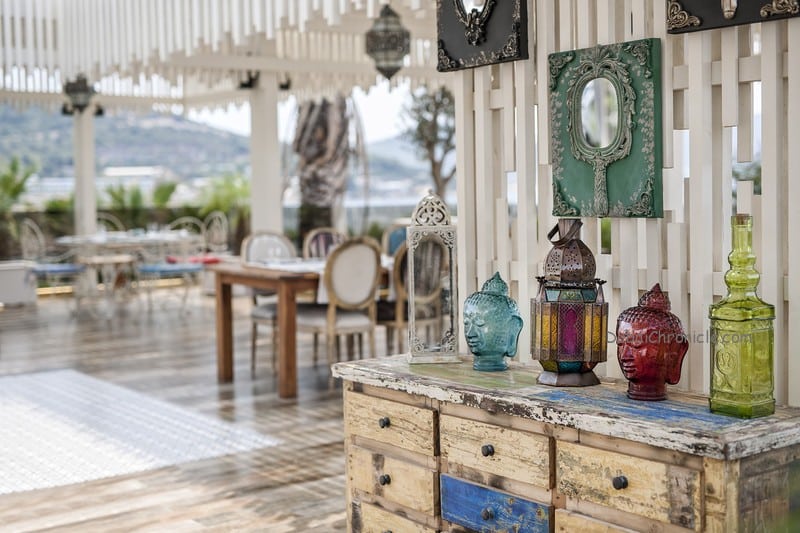Everything from the lighting design and communal spaces to music selection and unique décor is now being considered when renovating to appeal to this generation.
Even 40-year-old hotel chains are embracing the trend. Restorations and refurbishments are taking place across many hotel properties. Hotel brands undergo multiple changes nowadays, including regular food truck stops and entertainment troupes visits, reward programs via mobile technology and even themed Millennial happy hours.
The younger customers provide feedback on their stays on social media platforms and brands listen carrefully.
Risk and opportunity in rebranding
Since 2009 hotels have seen a 25 percent increase in the overall number of brands with 26 new brands making their debut – an approach that allows hotels to target new customers and fuel growth while still complying with radius restrictions that can occur in a particular market.
However, introducing an entirely original brand to the market can be risky – even in pursuit of the sizable Millennial market – as this strategy can involve substantial start-up costs and uncertainty with respect to revenue potential and market adoption.
As the market has become increasingly saturated with brands, it becomes difficult to introduce a new brand that offers a truly differentiated experience. Looking forward, hotel companies are considering mergers and acquisitions as an alternative means of broadening their customer base while leveraging established reputations and revenue. This allows brands to reinvent themselves to build a loyal Millennial following.
Catering for all generations
Although Millennials now outnumber Baby Boomers for the first time ever, hotels must still cater for older generations, who also have changing tastes.
The hotel industry continues to alter its design direction based on the changing needs and demands of today’s travelers. However, this preference for local relevance and a unique experience is not limited to Millennials. The parents of the Millennials now commonly share this mindset and typically travel with more purchasing power.
Hotels should acknowledge the reality that although Millennials are driving the cool new brands and re-engineering of existing brands, they cannot yet forget the necessity of appealing to Baby Boomers, Generation X and Y. An appreciation for a cool guest experience isn’t limited to one age range.




































